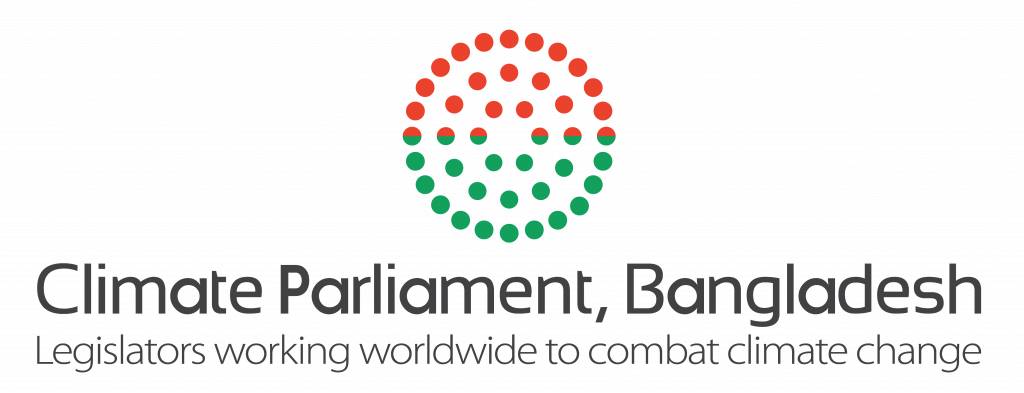Project Initiating Period: September, 2013
Project Location: Dhaka
Bangladesh suffers frequently by various natural calamities such as cyclone, flood, storm surge, tornado etc. This country is also situated in an earthquake prone region. At any time, a medium to high intensified jolt may bring tremendous losses of lives and property in this region. According to Earthquake Disaster Risk Index (EDRI) parameters, Dhaka is also one of the top twenty high earthquake risk cities in the world. As a fast growing and densely populated (15 million in 2012) mega city with poor and unplanned urbanization, Dhaka poses an extreme high risk of earthquake. One of the most alarming fact is almost 1,200 of Dhaka’s 2,700 schools are highly vulnerable to a moderate earthquake. As no high intensified tremor hit Bangladesh in recent past, the preparedness for earthquake seems very low in both public and private sectors. As a result, common people don’t even have a minimum level of earthquake preparedness knowledge.
On the contrary, Japan, which is similarly vulnerable to natural disaster like Bangladesh, has gained high level of knowledge and skill in disaster preparedness and management. Japan has been able to develop their strategy, skills, and technology to reduce risk and damages of disaster. If any country is able to help Bangladesh in disaster issue particularly for tremor through sharing knowledge, experience and technology, it is Japan.
Target Groups:
The primary targets groups of the PEPS are students as well as teachers and staffs of primary schools in Dhaka. Family members of the primarily focused students are the secondary target group of the program. The programme has chosen primary school students as they are the most vulnerable group to any disaster and particularly the earthquakes often have tragic consequences for school-children.
Aim
To help in creating an earthquake resilient society through building knowledge and capacity of the primary school students, teachers and staffs on earthquake preparedness.
Objective
- to raise level of awareness and knowledge among primary school children and teachers on earthquake preparedness
- to build capacity of primary school children and teachers to respond during earthquake through imparting regular drill
- to create awareness and knowledge of among guardians through school children
Concept
The PEPS will impart earthquake preparedness knowledge to the students and teachers of primary schools by conducting various kinds of drill under the technical cooperation of Japan International Cooperation Agency (JICA). JICA will help the EARTH in implementing ‘Disaster Reduction Learning Center’s (DRLC) training program through deploying Japan Overseas Cooperation Volunteers (JOCV). The Japanese school disaster prevention education guideline of BOKOMI can be applied here by adapting its compatible mechanism with the context of Bangladesh. The PEPS will form a group (Team EARTH) comprising students under supervision of a teacher for giving sustainability of the endeavor. The Team Earth will conduct drills and other activities on earthquake regularly to educate other students on how to respond in an emergency like earthquake. The Earth team will also encourage all the students to share their knowledge with the guardians and practice drills in their respective residence after going back from school.
Expected Outcomes:
Outcome: In the first year, the PEPS will be implemented in some targeted schools as pilot basis. The schools for piloting will be chosen in random sampling basis. After piloting successfully it will be replicated to all the primary schools in Dhaka. Followings are the expected outcomes:
School children, teachers and staffs will be fully aware about earthquake risks, preparedness and safety issues.
- Disaster risk in school will be reduced.
- Each student will become safety massager to their family and community.
- Each school will turn into earthquake preparedness training center for the community
A sustainable long term disaster risk reduction program will be run by the ‘Team EARTH’.

